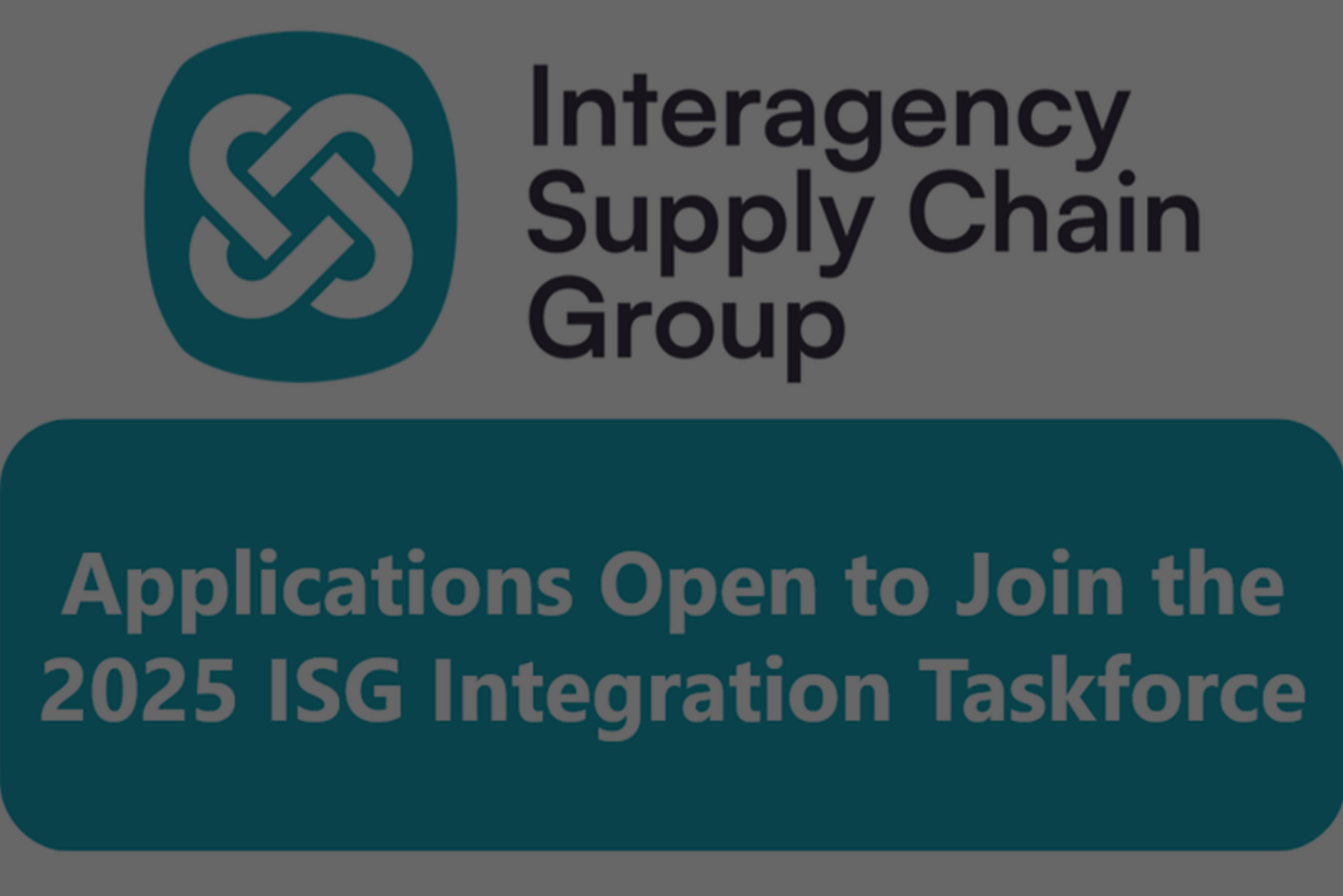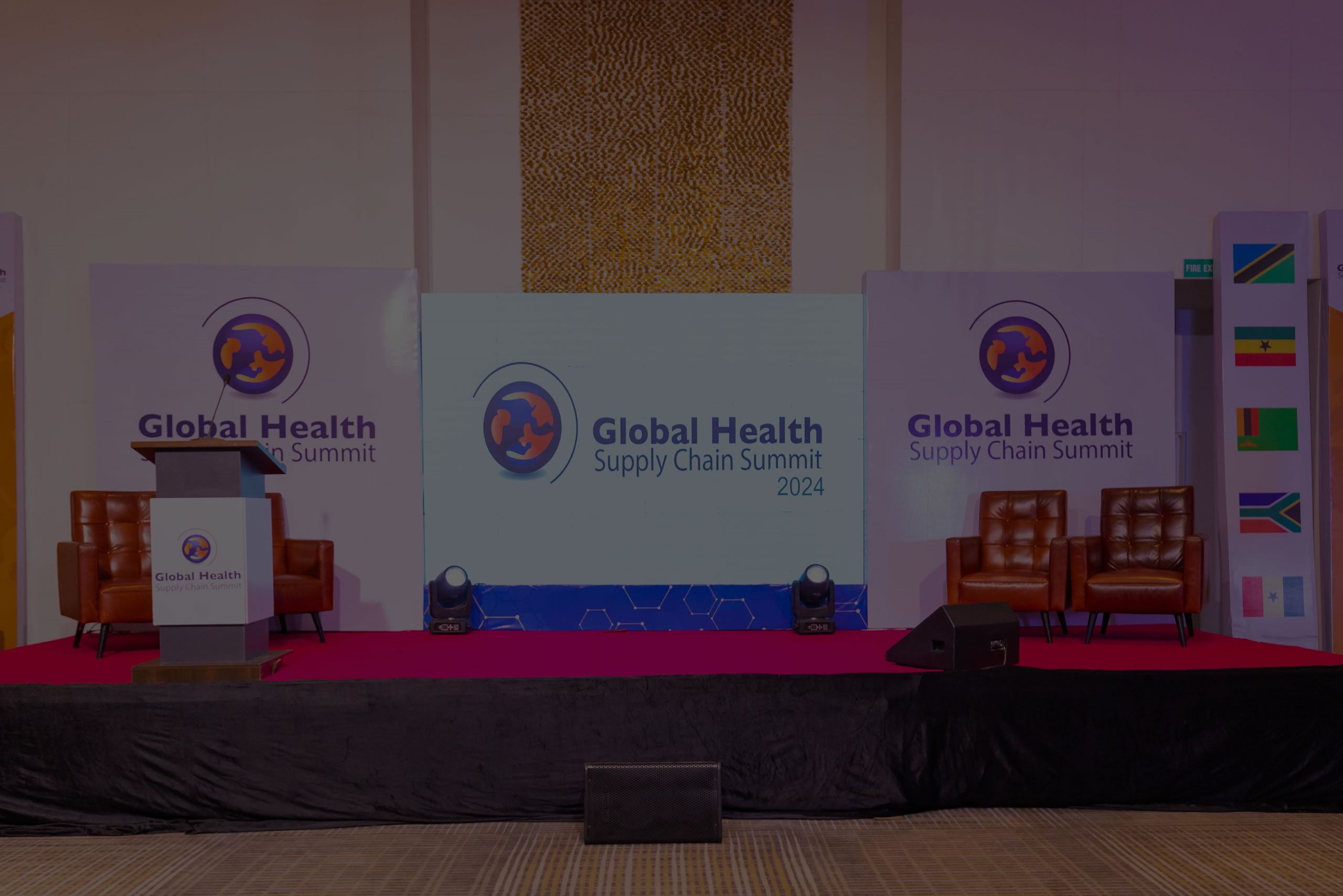Supply Chain Leaders Forum
Nairobi, Kenya
Friday, 11 October 2024
The second Supply Chain Leaders Forum (SCLF) has been taking place this week with global supply chain leaders from 24 low- and middle-income countries (LMICs) convening in Nairobi.
The forum empowers country leaders through two-way dialogue with global donors to advocate supply chain transformation locally, enabling the transition to a sustainable supply chain. It informs the transition of health supply chain management to a country-led approach, and fosters a shared vision and collective impact through knowledge sharing, advocacy and alignment.
The public sector supply chain leaders are joined by representatives from the Gates Foundation, The Global Fund to fight Aids, Tuberculosis and Malaria, Global Financing Facility, the United States Agency for International Development (USAID) and the World Bank. The forum is facilitated by People that Deliver (PtD) and Baringa Partners with event planning support from Upavon Management.
Greater coordination between countries and development partners
The supply chain is a critical component of effective health systems. Yet, many countries continue to face barriers in the implementation of best practices and the necessary tools to develop, track and communicate progress on their strategies. These challenges often result in the inefficient use of resources and delayed access to essential health products and services.
Ed Llewellyn from the Global Financing Facility, a country-led partnership that fights poverty and inequity by advancing the health and rights of women, children and adolescents said, hosted by the World Bank, said, “There is an urgent need for improved supply chain management practices to ensure that health systems can deliver access to life-saving commodities efficiently and effectively. By investing in better tools and strategies, stakeholders can enhance resource utilisation and ultimately improve health outcomes for communities worldwide.”
According to Tom Menge from the Ministry of Health in Kenya, the SCLF allows leaders from varied backgrounds to share experiences and best practices: “Being a part of this forum provides a unique opportunity to network and opens up a large network of people from whom we can draw expertise.”
As Ann Allen, from the Gates Foundation explained, “We believe that empowering local leadership in supply chain management is essential for improving health outcomes. The SCLF is a vital step in this direction.”
Setting the ambition: From intent to action
The SCLF is taking place across three full days, from 9 to 11 October, and is co-located with the SPARK conference, an event that brings together countries with leading health tech innovators to market shape partnerships with a shared ambition to improve global health outcomes. As we enter the final day, our focus now moves to shaping and informing the future impact and priorities for the SCLF.
People that Deliver’s Dominique Zwinkels said, “It’s so important to bring countries and their development partners together in a structured and open dialogue to make sure their priorities are aligned and secure high-level policy commitments, in line with the call to action from the first SCLF in Bangkok.”
Read about the first Supply Chain Leaders Forum here or see it with your own eyes in the Supply Chain Leaders Forum video
About the SCLF: The SCLF is united through a common strategy to create adaptable, sustainable supply chain strategies in LMICs. The forum seeks to foster robust country-to-country and country-to-donor relationships to enhance the delivery of future-ready procurement and supply management (PSM) systems for global health. The forum promotes the exchange of insights on how countries are adapting to trends, helping to unify stakeholders around common strategies for collaboration, establishing good practices and utilising available tools to develop, track and communicate progress on PSM strategies.


